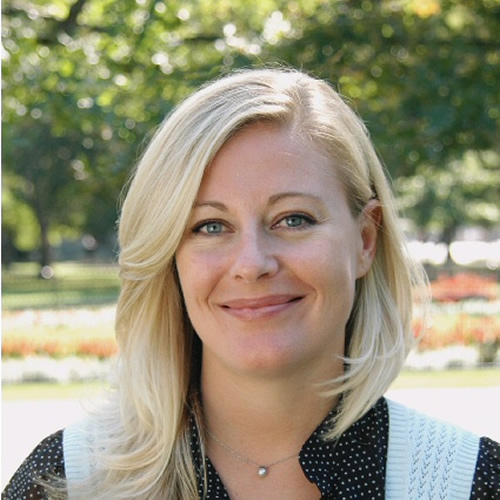Sustainability Leaders Need Actionable Solutions — Now

Q: As someone who has been tracking the evolution of corporate sustainability for almost two decades, what recent changes have you seen in the movement? What distinguishes sustainability now versus five years ago?
A: Today, corporate sustainability is no longer a "nice to have" set of ad hoc programs that companies implement because it is the right thing to do. Leading companies know that having a comprehensive and thoughtful strategy to manage environmental, social and governance (ESG) issues is a baseline necessity to operate. We now talk about "privilege to operate," not "right to operate." Addressing ESG risks and having a proactive plan for ensuring your company delivers value to society, not just profits, is critical for ensuring this privilege. This tends to be the norm within the largest publicly traded companies and especially those that are consumer-facing. And this reality is spreading fast to the rest of the business community — along supply chains, through investor pressure and shareholder resolutions, and via direct consumer demand.
Q: What do corporate sustainability leaders need to be effective, given where we are?
A: They need pragmatic information they can act on. We know that for those in the trenches, this is not the time for "what-ifs" or aspirational recommendations from outside the corporate context. The urgency of the issues means that we need ideas that can be introduced, measured, scaled and leveraged. As the community of practice for those who are serious about integrating sustainability into the business operations, we know how much sustainability leaders need practical information to move the needle within their actual businesses. They also need models and examples of breakthrough successes they can duplicate, and they need to be able to mine the wisdom of their peers. All of this is the driving design force behind our program and behind the speakers we recruit for the Impact conference.
Q: What role does collaboration now play in how sustainability leaders are doing their jobs?
A: Unlike certain professions, which enjoy a slower rate of change, this is a profession about engineering new solutions to very complex problems. It's a profession for problem-solvers, who are committed to a cycle of continuous improvement until they achieve the results they seek; however, the complexity of the problems inherently requires collaboration across and beyond the business. Collaboration, both internally and externally, is essential to succeed in reaching sustainability goals. Because of this, our Impact conference is intentionally designed to highlight the role of collaboration in getting sustainability results.
Q: What's next on the sustainability agenda from your perspective?
A: Given the cycle of goal-setting, we are talking a lot about the next horizon (post-2020) of the sustainability agenda. From our perspective, corporate action on climate change will continue to ramp up, especially with a louder call for more corporate climate advocacy from many influential NGO groups. We also expect to hear about the expansion of the science-based targets movement and a greater focus on global loss of biodiversity. As mainstream institutional investors pay closer and closer attention to corporate transparency and ESG risk management, I think we will also continue to see a drive for a consistent framework for disclosure and measurement of these risks — in a way investors can understand and act on in a consistent way. These will all be topics of discussion at the Impact conference this year, along with many others. It's an exciting and challenging time to be a corporate sustainability leader; we hope many of the discussions will provide a greater sense of where the conversation is going and help attendees feel better prepared to evolve their own efforts to stay current with the changing expectations that companies face.
Unlike sustainability conferences that feature glossy branding stories, NAEM's Sustainability Impact conference provides two days of keynotes, panels and breakouts filled with corporate leaders who are getting sustainability done. The conference takes place in Milwaukee, Wis., from Aug. 6-8.
Sponsored Content
About the Author

Virginia Hoekenga
NAEM
Responsible for developing NAEM's educational programing, Virginia works closely with NAEM members to develop the annual EHS & Sustainability Management Forum, the largest gathering of EHS&S decision-makers. To get involved with the Forum, contact
her at [virginia at naem dot org].


